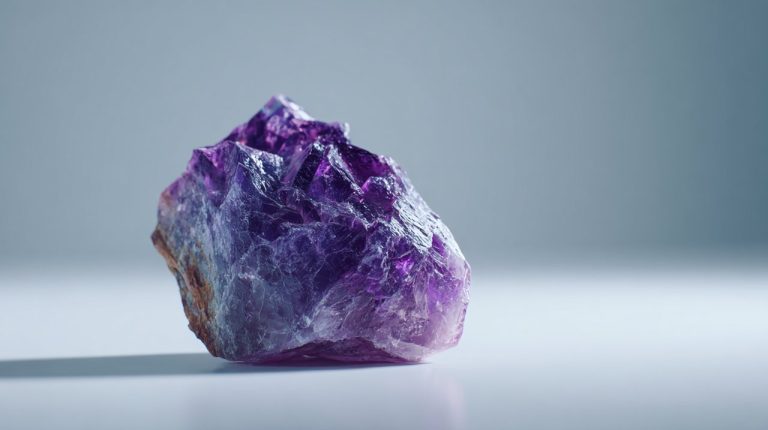Mindfulness is the practice of bringing one's attention to the present moment, deliberately and non-judgmentally. It cultivates an awareness of thoughts, feelings, bodily sensations, and the surrounding environment. This fundamental practice is increasingly recognized for its profound benefits in fostering mental clarity, emotional regulation, and overall well-being.
What is Mindfulness and Why Does It Matter?
At its core, mindfulness is a state of active, open attention on the present. When you're mindful, you observe your thoughts and feelings from a distance, without judgment. This practice is rooted in ancient Buddhist traditions but has been widely adopted in secular contexts for its tangible benefits.
- Enhanced Well-being: Regular mindfulness practice can significantly reduce stress, anxiety, and symptoms of depression, leading to greater emotional resilience.
- Improved Focus & Clarity: By training the mind to stay in the present, individuals often report better concentration, decision-making, and cognitive function.
- Deeper Self-Awareness: It fosters a greater understanding of one's internal landscape, allowing for more intentional responses rather than reactive behaviors.
How Can You Integrate Mindfulness into Your Daily Life?
Integrating mindfulness doesn't always require formal meditation sessions; it can be woven into everyday activities. The key is to bring conscious awareness to routine tasks, transforming mundane moments into opportunities for presence.
- Mindful Breathing: Take short breaks throughout the day to simply observe your breath, noticing the sensation of each inhale and exhale.
- Mindful Eating: Pay full attention to the taste, texture, and smell of your food, eating slowly and savoring each bite.
- Walking Meditation: Notice the sensation of your feet on the ground, the movement of your body, and the sights and sounds around you during a walk.
- Daily Rituals: Consciously engage with routine tasks like washing dishes or drinking tea, focusing entirely on the sensory experience. Using tools like mala beads during a personal practice can also deepen this focus.
Beyond Meditation: Exploring Diverse Mindfulness Practices
While often associated with sitting meditation, mindfulness extends to a vast array of practices and tools that cultivate presence and awareness. Many cultural and spiritual traditions offer unique pathways to mindful living.
- Contemplative Arts: Engaging in creative pursuits like calligraphy, gardening, or playing a musical instrument with full attention can be deeply mindful.
- Symbolic Objects: Items such as a Tibetan bracelet or specific healing crystals can serve as tangible anchors, reminding us to return to the present moment and cultivate positive intentions throughout the day.
- Active Contemplation: Reflecting on wisdom teachings, like Buddha quotes, with an open and receptive mind, can foster mindful insights and personal growth.
- Ritual & Ceremony: Participating in spiritual rituals with intention and awareness, such as lighting incense or making offerings, grounds one in the present.
Embracing mindfulness is a journey of continuous learning and gentle self-discovery. By exploring these varied approaches, you can find practices that resonate most deeply with your personal path towards inner peace and a more present life. Delve into the articles within this category to deepen your understanding and enhance your mindful journey.












